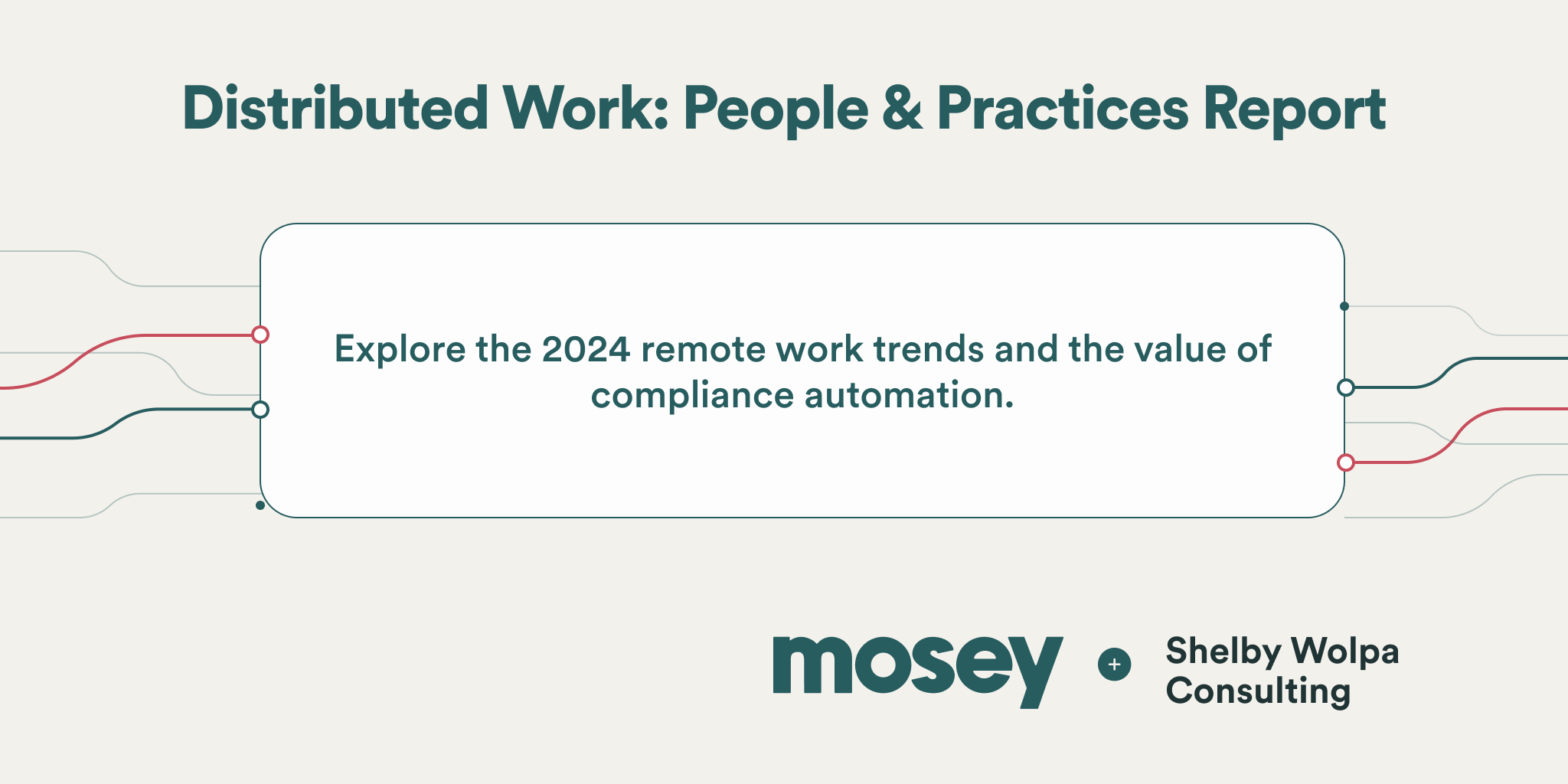Foreign qualification with the Secretary of State in Kentucky is the process by which a business that was originally formed in another state seeks permission to operate in Kentucky. This involves submitting the necessary paperwork and fees to the Secretary of State in order to legally conduct business in the state.
Follow the guide below to help you register with the Secretary of State in Kentucky or use Mosey to do it.
Use Mosey to register with the Secretary of State in Kentucky.
Avoid the hassle of doing it yourself and use Mosey to automate foreign qualification, annual reports, and registered agent service.
Kentucky Foreign Qualification for Corporation, LLC, LLP, Professional Corporation
A foreign entity doing business in Kentucky must submit its Application for Certificate of Authority online with the Kentucky Secretary of State. Kentucky, like most states, provides a list of activities not considered "doing business" in lieu of defining "doing business."
Establish a Registered Agent
You will need to appoint a registered agent in order for your Foreign Certificate of Authority filing to be approved. Your resident agent must have a Kentucky street address. It can be any Kentucky resident or a corporation qualified to do business in Kentucky.
Apply for a Certificate of Authority
File for a Certificate of Authority for a Foreign Business Entity online with the Kentucky Secretary of State Fast Track Portal.
What else do I need to know?
Once you are registered with the Secretary of State, you may have additional requirements to maintain your "good standing" in the state. Failing to do so can result in fines, back taxes, and forfeiting certain priveleges within the state.
Maintaining a Registered Agent
Most states require that you have a registered agent that can receive important mail from the Secretary of State should they need to contact you. There are many commercial options available or you can use Mosey to be your registered agent and keep your information private in Kentucky.
Annual Reports and Taxes
In addition to maintaining a registered agent, most states require you to file a report annually. Registration can also trigger state taxes such as a franchise tax or income tax. You can use Mosey to identify these additional requirements to maintain good standing in Kentucky.




